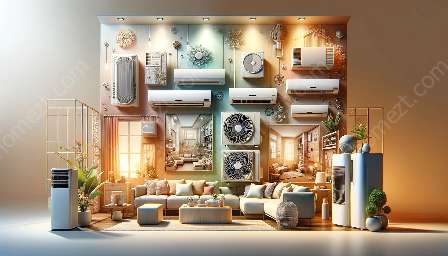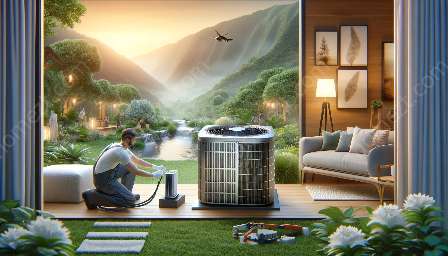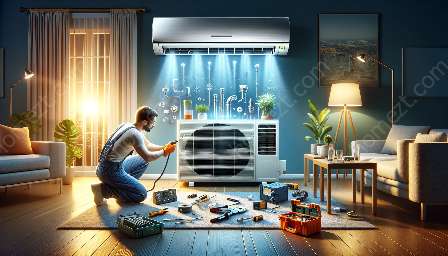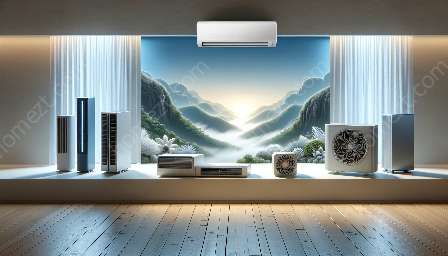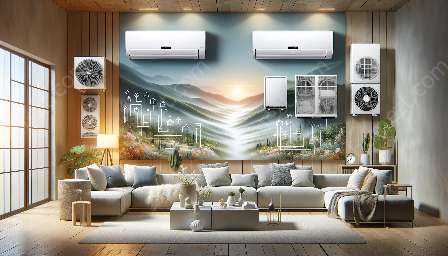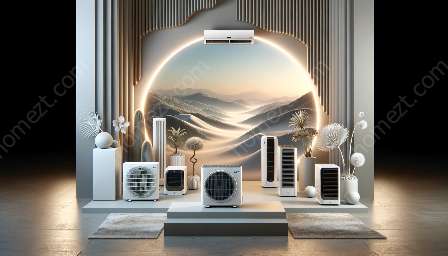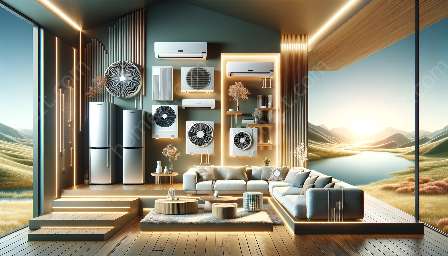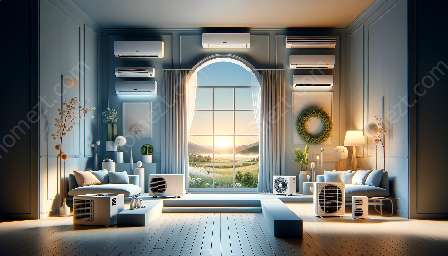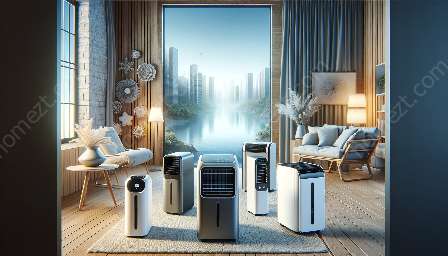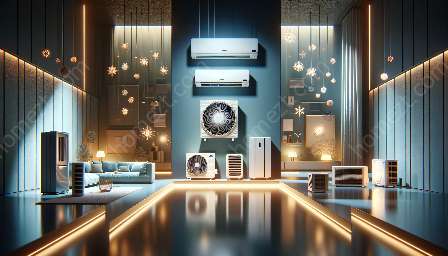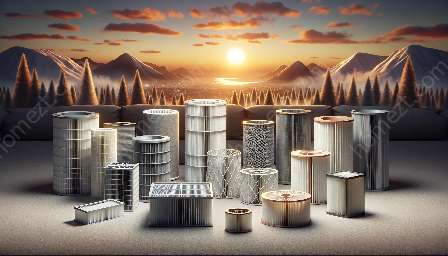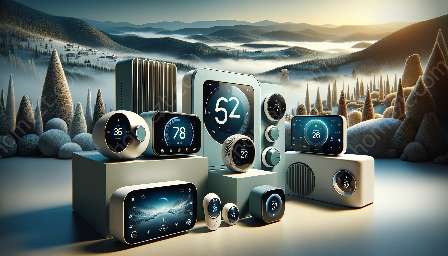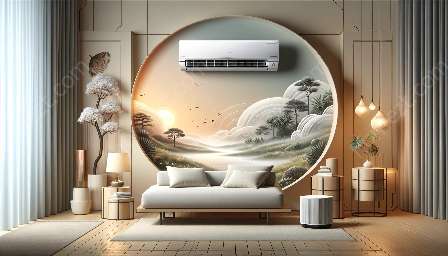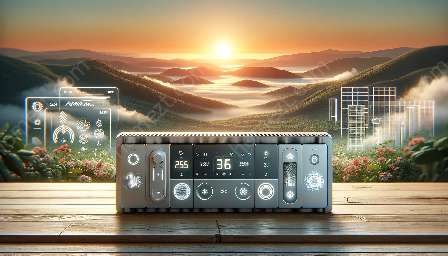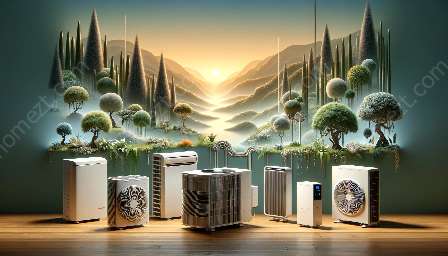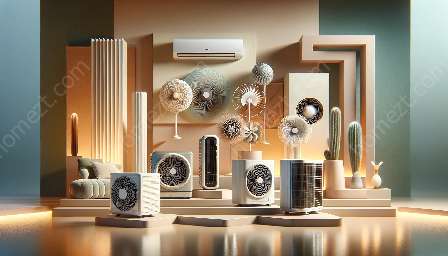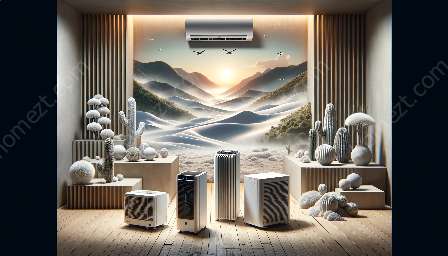Ductless air conditioners, also known as mini-split systems, have gained popularity due to their versatility, energy efficiency, and ease of installation. In this guide, we will explore the benefits of ductless air conditioners, compare them to traditional central air conditioning systems, and provide helpful tips for choosing and maintaining these units.
What are Ductless Air Conditioners?
Ductless air conditioners are cooling systems that do not require ductwork to distribute air throughout a building. They consist of an outdoor compressor unit and one or more indoor air-handling units. These units are connected by refrigerant lines and electrical wiring, allowing for independent temperature control in different zones.
Benefits of Ductless Air Conditioners
Versatility: Ductless air conditioners are suitable for various applications, including residential homes, commercial spaces, and historical buildings where installing ductwork may be impractical or expensive.
Energy Efficiency: By allowing for zoned heating and cooling, ductless systems can reduce energy waste associated with central air conditioning systems, as they can be turned off in unoccupied areas.
Easy Installation: The absence of ductwork simplifies the installation process and reduces the disruption to the building's structure. Additionally, ductless systems can be installed in spaces where traditional ducted systems cannot reach.
Comparison to Traditional Central Air Conditioning Systems
Ductless air conditioners offer several distinct advantages over traditional central air conditioning systems. Unlike central air systems, which rely on ductwork to deliver conditioned air throughout a building, ductless systems can be installed without the need for extensive ductwork, making them a viable option for older buildings, renovations, and new construction.
Furthermore, ductless air conditioners allow for zoned cooling, enabling users to set different temperatures in different areas, improving overall energy efficiency and providing personalized comfort.
Choosing a Ductless Air Conditioner
When selecting a ductless air conditioner, consider factors such as the size and layout of the space, the number of indoor units needed, the energy efficiency rating, and additional features like programmable thermostats and air purifiers. Consulting with a qualified HVAC professional can help ensure that the system meets the specific needs of the space.
Maintaining Ductless Air Conditioners
To maintain the efficiency and longevity of ductless air conditioners, regular cleaning and maintenance of the indoor and outdoor units is essential. This includes cleaning or replacing air filters, inspecting refrigerant lines for leaks, and scheduling professional maintenance checks to keep the system running smoothly.
By understanding the benefits of ductless air conditioners and how they compare to traditional central air conditioning systems, individuals can make informed decisions when it comes to cooling their homes or commercial spaces.


